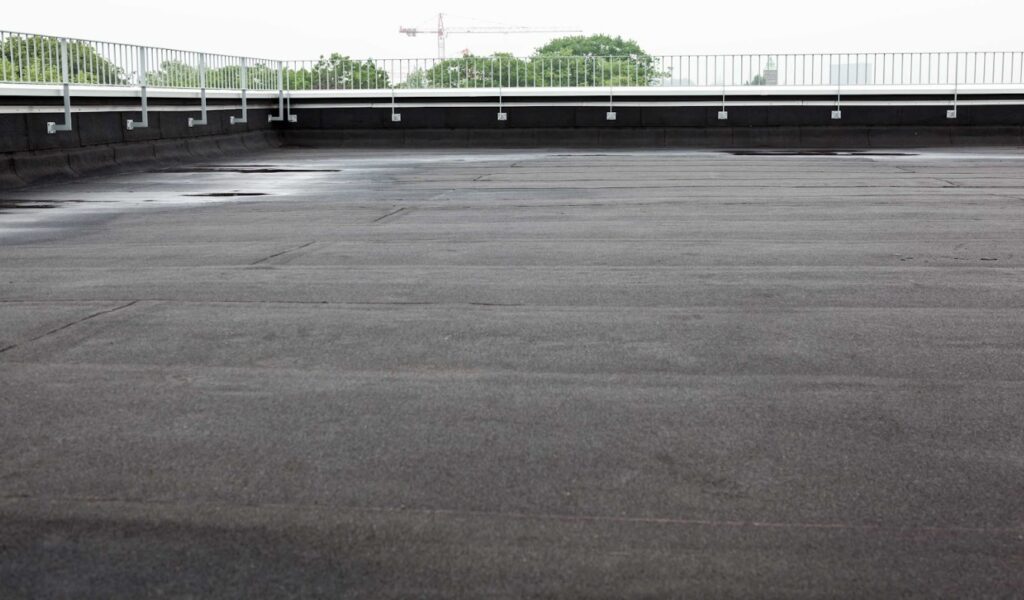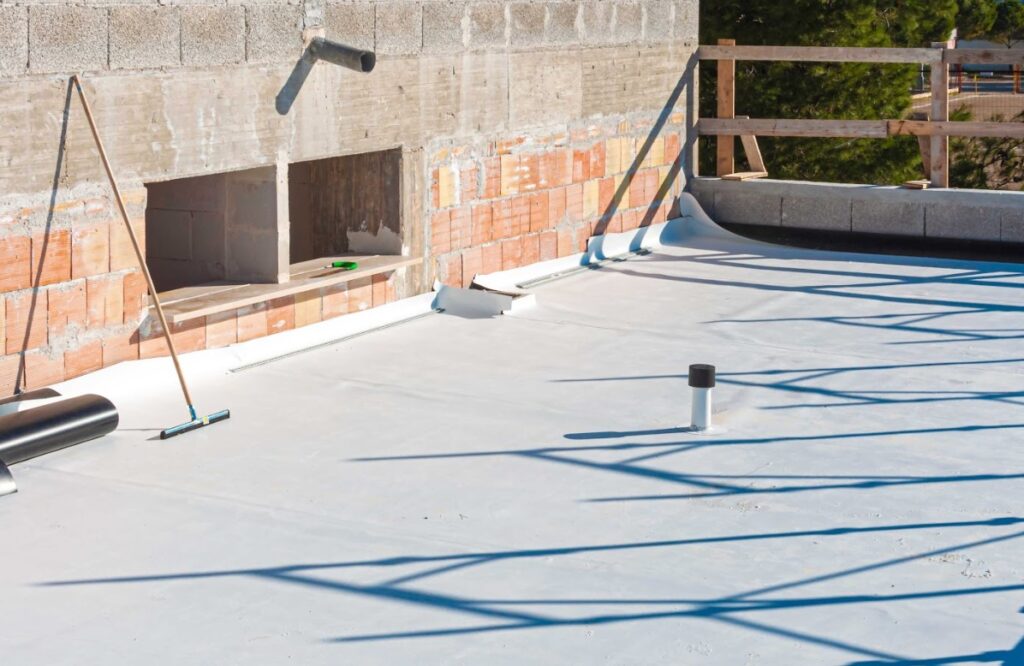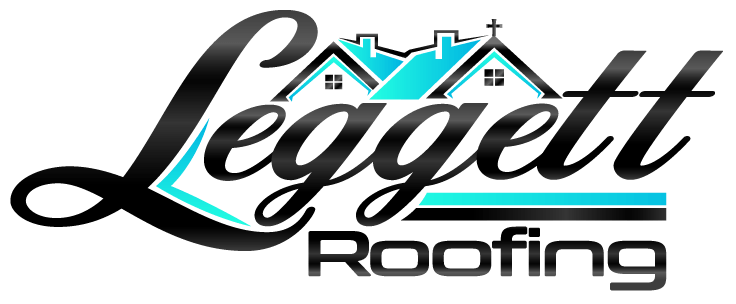Hiring the right professional for your commercial roofing project is critical—not just for budget and timeline, but for long-term performance, durability, and warranty coverage. Whether you’re repairing a leak, replacing an aging roof, or planning a new installation, knowing the questions to ask your commercial roof contractor can help you avoid costly mistakes and ensure your investment is protected.
At Leggett Roofing, we’ve worked with businesses across Florida to deliver reliable, long-lasting commercial roofing solutions. In this guide, we’ll walk you through the most important questions to ask before hiring a contractor, why they matter, and how to spot red flags during the decision-making process.
Why It’s Important to Vet Your Commercial Roofer
Commercial roofs are different from residential ones in complexity, materials, and code requirements. Working with a qualified contractor ensures:
- Compliance with local building regulations
- Proper handling of warranties and permits
- Accurate installation for flat or low-slope roofing systems
- Safe worksite management
- Ongoing maintenance planning
The right roofer will not only provide great service but also help protect your building, staff, tenants, and operations from weather-related interruptions or structural damage.
Key Questions to Ask Your Commercial Roof Contractor
1. Are You Licensed, Bonded, and Insured?
Your commercial roofing contractor should have up-to-date licensing that aligns with state and local regulations. This proves they meet minimum standards for knowledge and competency.
Also ask:
- Do you carry general liability and workers’ compensation insurance?
- Can you provide proof of bonding for added protection?
This protects your business from liability in case of accidents, damage, or incomplete work. You can verify Florida licensing through the Florida Department of Business & Professional Regulation.
2. What Experience Do You Have with Commercial Roofing Projects?
Commercial roofing isn’t a one-size-fits-all service. Ask:
- How long have you worked in commercial roofing?
- What types of commercial roofs have you installed or repaired (TPO, PVC, EPDM, metal, etc.)?
- Do you have case studies or photos from previous projects?
A contractor with years of experience on commercial properties will understand the unique requirements of your building type—whether it’s a retail center, warehouse, office building, or multi-unit complex.
3. What Roofing Systems Do You Recommend and Why?
Your contractor should recommend the best system based on your:
- Climate
- Building use
- Roof structure and slope
- Budget and long-term goals
Ask about their experience with popular commercial systems like:
- TPO (Thermoplastic Polyolefin): Reflective and energy-efficient
- EPDM (Rubber Roofing): Great for flat roofs and durability
- PVC Roofing: Chemical-resistant and ideal for restaurants or facilities with grease vents
- Metal Roofing: Long lifespan and durability for sloped commercial buildings
Their recommendation should reflect both short- and long-term cost efficiency, especially in areas like Sarasota, where weather resistance is key.

4. Do You Provide a Detailed Written Estimate?
Transparency is key. Ask your contractor to provide a detailed estimate that includes:
- Labor and material costs
- Removal and disposal of old roofing
- Roofing system type and specifications
- Warranty coverage
- Timeline for completion
- Contingency for weather or material delays
Avoid contractors who give vague or verbal estimates. Everything should be outlined clearly in writing.
5. What Warranties Do You Offer?
A quality commercial roofing system should come with two warranties:
- Manufacturer’s Warranty – Covers defects in materials
- Workmanship Warranty – Covers installation errors
Ask:
- How long is each warranty?
- What voids the warranty?
- Is it transferable to a new building owner?
Be sure to also ask whether they’re certified installers for the products they use, as some manufacturers require certification for full warranty coverage.
6. How Will You Minimize Disruption to My Business?
For occupied buildings, roofing work can interfere with normal operations. Ask:
- What safety measures will be in place?
- How will noise and dust be controlled?
- Will customers, employees, or tenants still have access during construction?
- What’s your process for cleanup and debris removal?
A reputable contractor will have experience working in active commercial environments and will plan the project accordingly.
7. Who Will Be Onsite Managing the Project?
Knowing who’s responsible for your project ensures accountability. Ask:
- Will a project manager or foreman be present daily?
- Who’s your main point of contact for questions or updates?
- How often will I receive progress reports?
Communication breakdowns are a leading cause of delays and frustration. A dedicated project manager should provide regular updates and be responsive to your concerns.

8. Do You Handle Permits and Inspections?
A licensed contractor should handle all necessary permits and comply with local building codes. Ask:
- Will you secure all required permits from the city or county?
- Will inspections be scheduled and handled as part of the project?
- How do you ensure compliance with local and federal safety regulations (like OSHA)?
Understanding this process helps prevent delays and ensures your project stays legal and up to code.
9. Can You Provide References or Reviews?
Reputable contractors should be willing to share reviews and references. Ask for:
- Contact info for past clients
- Examples of similar commercial projects
- Online reviews or testimonials
You can also research a contractor’s reputation through third-party sites and professional directories. Don’t hesitate to call previous clients and ask about their experience.
10. What Is the Timeline for Completion?
Ask for a realistic timeline that accounts for:
- Material availability
- Weather conditions
- Permitting
- Crew scheduling
Timelines should include start and end dates, as well as milestones for large or multi-phase projects. Discuss penalties or cost adjustments for delays caused by the contractor.
11. What Happens If There’s a Problem After the Project Is Complete?
No matter how skilled your contractor is, issues can arise. Ask:
- How do you handle post-installation problems?
- Is there a service plan or maintenance option available?
- How quickly can I expect a response to warranty issues?
A good contractor will stand by their work and have a process in place for addressing repairs or concerns after the project is finished.
Extra Tip: Ask About Maintenance Plans
Ongoing commercial roof maintenance extends the lifespan of your investment. Many contractors offer regular inspections and preventative care. A maintenance plan may include:
- Annual or bi-annual inspections
- Cleaning and clearing drains
- Minor repairs before they become costly
- Documentation for insurance and warranty
The U.S. General Services Administration (GSA) recommends routine inspections and upkeep for commercial buildings as part of a sustainable building management plan.
Work With a Contractor That Prioritizes Trust and Transparency
Choosing the right commercial roof contractor doesn’t have to be overwhelming—especially when you know what to ask. At Leggett Roofing, we believe in full transparency, clear communication, and top-quality craftsmanship.
We offer:
- Free, detailed inspections
- Guidance on the best commercial systems
- Certified installers and comprehensive warranties
- Timelines tailored to your business operations
- Maintenance options for long-term performance
Get a Free Inspection From Florida’s Trusted Commercial Roofing Experts
Need a quote or want answers to your commercial roofing questions? Our team is here to help.
Get a free inspection now and find out why Leggett Roofing is the contractor businesses in Sarasota trust for quality, professionalism, and peace of mind.






